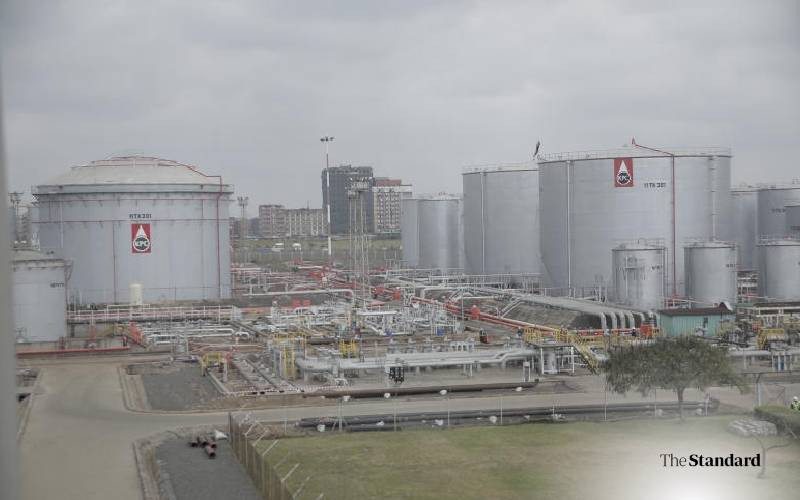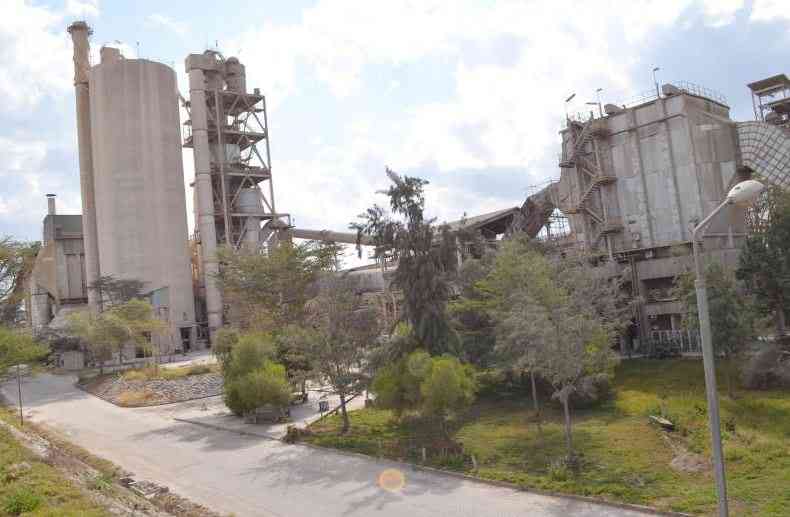
The rush to sell Kenya’s strategic assets, most of which have been profitable and cash cows for the government, is appalling. Some of the assets are important not only for Kenya but also the region's security and financial power. Disposing them off hurriedly without further due diligence would be like selling the soul of the nation.
It raises eyebrows why the government would want to dispose of the assets only two years to the end of its five-year term. More curiously, some of those who once vehemently opposed their sale are now at the helm of the government and the privatisation process. What changed?
Some like Kenya Pipeline Corporation (KPC), which manages petroleum pipeline infrastructure, are among Kenya's most lucrative State-owned enterprises with an asset base valued at Sh120.7 billion. The company posted a profit of about Sh10 billion in the last financial year.
Other assets set for privatisation include Kenyatta International Convention Centre, New Kenya Cooperative Creameries, Kenya Seed Company Limited, National Oil Corporation of Kenya, Kenya Literature Bureau, Western Kenya Rice Mills Ltd, Numerical Machining Complex Ltd, Rivatex East Africa Ltd, and Mwea Rice Mills Ltd. These are not only money generators but also security assets that should be secured.
Instead of selling them, such assets should be supported to generate more revenue for the government. Hurriedly selling them will give credence to rumours that the political class and well-connected individuals want to dispose of them at throw-away prices so that they acquire them at the expense of future generations.
If they must be disposed, there is need to do thorough due diligence so that we don’t mortgage the country’s future to people who might run the firms down and then disappear. There is also need for transparency in the process and competitive bidding so that Kenyans can get value for money.
A peek into the hurried lease of sugar firms in western Kenya shows the process was skewed in favour of the new buyers, with each acre leased at an average of Sh2,000 per year for 30 years when the market price is about Sh15,000 per are per year.
It should be noted that privatisation may not necessarily be the panacea for successful management. Though some companies have flourished after being privatised, others have failed badly.
For instance, the concession of Kenya Railways to Rift Valley Railways ended up with the latter selling its assets worth billions of shillings and exiting. The same happened to Telkom. Mumias Sugar Company is also facing problems, even after privatisation.
It is noteworthy that Kenya’s parastatals fail majorly due to poor management and lack of integrity because those in power dump political rejects, who lack requisite knowledge and ethical values, to steer them.
Embracing ethical values and integrity as well as good corporate governance could see these firms back to their feet – earning Treasury huge returns and benefiting the country. The government should pause and think before disposing these firms.







